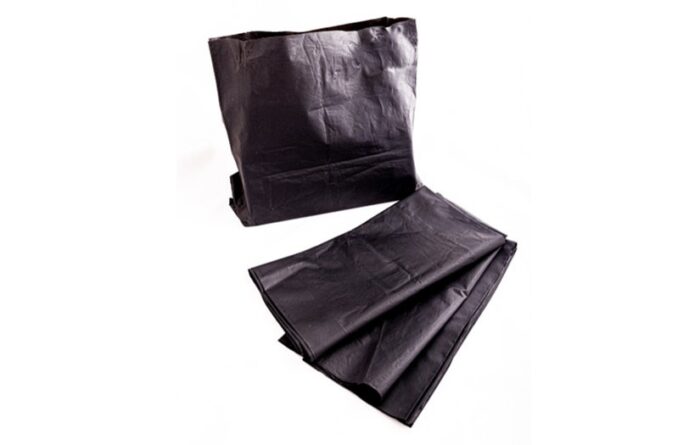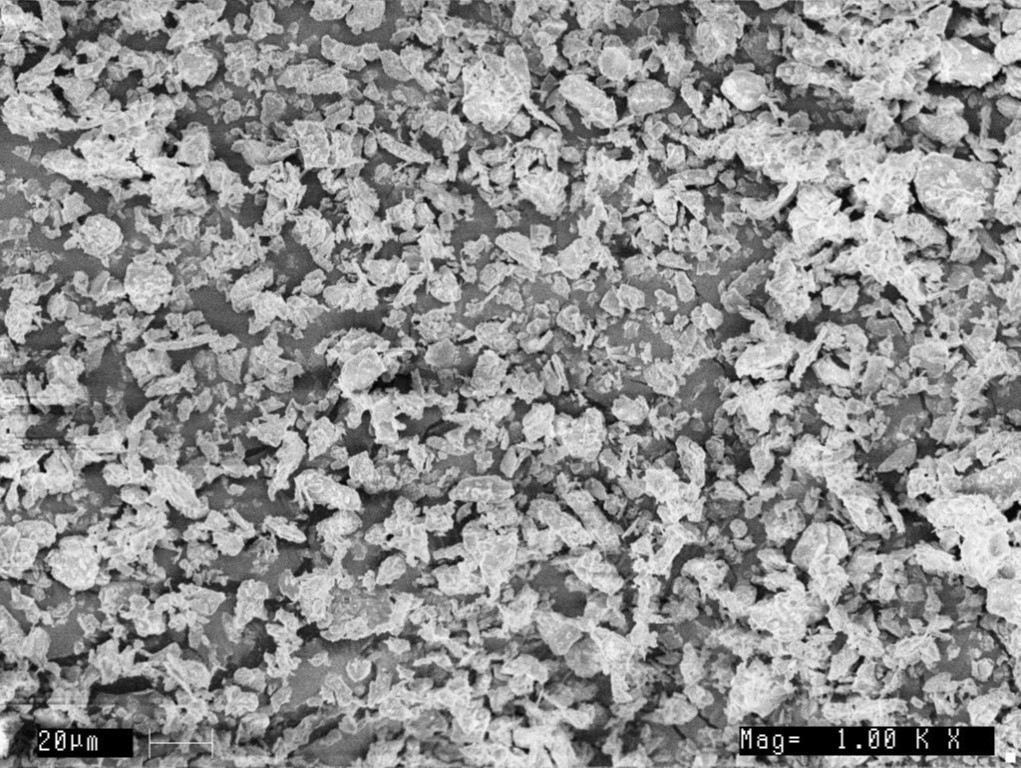Product
Phimer is a special class of sugar polymer based biodegradable material that breaks down after its intended purpose by microbial decomposition process to result in natural byproducts such as gases (CO2), water, biomass, and inorganic salts. Phimer is non-toxic and biophilic by nature. Importantly, apart from being eco-friendly, it has excellent processability, good mechanical properties until degraded and a viable economic alternative to cheap plastics. There are a number of Phimer grades that are under development that can be tailored to achieve specific end-uses. This new-age material has already been shown to form into packaging film, bubble wrap film, straws, molded containers and utensils, and bottles.








Packaging is an important requirement that cannot be replaced by paper, cloth or other traditional materials. A green alternative to all kinds of packaging requirements has been an important matter for the past decades with Land and River Contamination, Ocean Pollution and Microplastics becoming ominous. While compostable films have gained some attention and traction, the high cost of raw material and segregation and transportation cost to compost facility have failed to achieve whole scale adoption. There was need of a significant effort to replace traditional materials and conventional packaging materials with economically viable bio-philic materials that can be disposed of in land-fills, garden soil, home compost facility and specifically recycled and reused like paper. Phimers are aimed to reduce the volume of waste in packaging materials by presenting a number of options in disposal that is offered by a traditional material such as paper.

Testing & Certification
ISO 17088:2008
The test for determining biodegradability was conducted as per “ISO 17088:2008 Specifications for compostable plastics”. ISO 16929: “Determination of degree of disintegration of plastic materials under defined composting conditions in a pilot-scale test” was employed as the standard for determining disintegration level of plastics. ISO 14855-1: “Determination of ultimate biodegradability of plastic materials under controlled composting conditions – Method by analysis of evolved carbon dioxide” was used as a standard for the determination of ultimate aerobic biodegradability of plastics. This was carried out at CSIR-CFTRI, Mysore.
Food Migration Study
Food migration study done at CSIR-CFTRI as per IS: 9845:1998 (2004) concludes that Phimers are safe for packaging food and beverages.
SEM Report


SEM images of microplastic during the 6 months study time results in a globular-smooth surface structure. The above SEM data reveals rough and crystalline surfaces indicating the material under study is under the process of degradation without the generating microplastics. The Biodegradable cycle completes by 200 days, and there is absolutely nothing left beyond the degradation period of 200 days.
